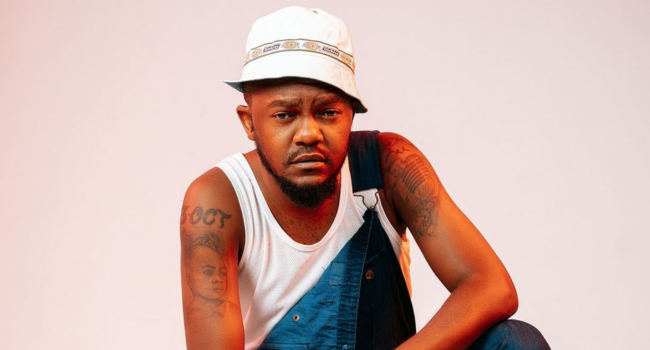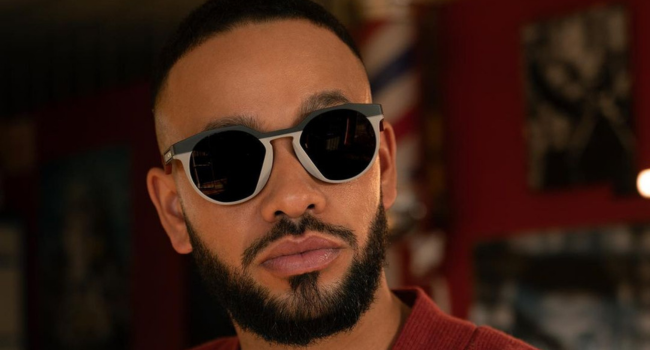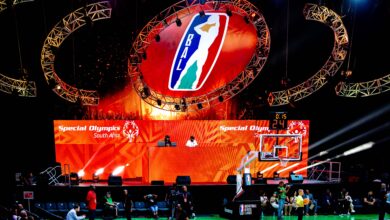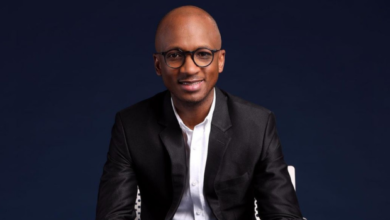10 SA Rappers Who Champion Local Languages

10 SA Rappers Who Champion Local Languages. South Africa’s hip-hop scene pulsates with global beats, but a powerful current runs deep beneath the surface – the vibrant energy of indigenous languages. In a nation brimming with diverse cultures and dialects, there are SA rappers who stand out not only for their musical talents but also for their unwavering dedication to championing local languages.

Here, we shine a spotlight on 10 South African rappers who are at the forefront of this linguistic revolution, weaving tales of heritage and identity through their verses.
K.O (Mr. Cashtime)
With his slick rhymes and infectious beats, K.O effortlessly blends English with his native Zulu, creating a unique sonic experience that resonates with audiences across the nation. His commitment to promoting Zulu culture is evident in tracks like “Supa Dupa,” where he seamlessly switches between languages, bridging the gap between tradition and modernity.
Okmalumkoolkat
Okmalumkoolkat, the Durban-born wordsmith, is known for his eclectic style and infectious energy. His music, delivered in a mix of English and isiZulu, transports listeners to the vibrant streets of the Durban township, where the rhythm of life pulses through every verse. Tracks like “Amaloboblo,” “Gqi!” and “Drip Siphi Iskorobho” masterfully intertwine the essence of the local language, enriching the tapestry of his musical journey.
Sjava
Sjava’s soul-stirring music transcends language barriers, speaking directly to the heart of the listener. Hailing from KwaZulu-Natal, his music is a celebration of isiZulu culture, with each verse carrying the weight of centuries of tradition and heritage. From “Isina Muva” to “Isibuko” Sjava has released music projects that represented South Africa on global stages such as the BET.
YoungstaCPT
Cape Town’s very own YoungstaCPT is a master wordsmith, effortlessly blending English and Afrikaans in his rhymes. Through his music, he sheds light on the complexities of growing up in the Cape Flats, tackling social issues and celebrating the unique culture of the Western Cape.
Blxckie
Blxckie isn’t just rapping, he’s crafting a sonic tapestry. This Durban-born artist uses Zulu as vibrant threads, breathing life into his music and forging a unique connection with his South African audience. Even though he uses English in most of his songs, Zulu isn’t just an accent, it’s an identity marker.
It’s the rhythm of the streets he grew up on, the language that carries the laughter and struggles of his community. Tracks like “Sika,” “Kwenzekile,” and “Nikhumbulekile,” among others, bear testament to the rapper’s deep-rooted pride in his heritage.
Blaklez
Blaklez’s introspective lyrics and soulful delivery have earned him a dedicated following in the South African rap scene. Hailing from Pretoria, he proudly raps in Setswana, infusing his music with a sense of authenticity and cultural pride that resonates with audiences nationwide.
Zakwe
Hailing from KwaZulu-Natal, Zakwe is another Zulu rapper with a raw and authentic style that resonates with audiences far and wide. His lyrics, delivered in isiZulu, paint a vivid picture of township life, highlighting the struggles and triumphs of the everyday South African. Tracks like “Sebentin” showcase his lyrical dexterity and unwavering pride in his heritage.
Emtee
Emtee raps like a Johannesburg street corner come alive. He weaves Sesotho and Setswana effortlessly into his rhymes, breathing life into his music with the rhythmic soul of his heritage. It’s not just about slang or code-switching – Emtee’s local language is the very fabric of his expression, painting vivid pictures and connecting with his audience on a deeply personal level.
It’s the growl of the township, the swagger of the street, and the heartbeat of a generation all rolled into one. Emtee’s music isn’t just hip-hop, it’s a cultural tapestry woven with the threads of his mother tongue.
Yanga Chief
Yanga Chief’s rhymes aren’t imprisoned by the confines of English. He breaks free, wielding isiXhosa and isiZulu like sculptor’s chisels, shaping his message with precision and depth. This linguistic creativeness isn’t just about showcasing his culture; it’s about creating a unique soundscape that feels distinctly South African. Songs like “Ntoni Na,” “Utatakho” and Mbali Yam give a clear indication that Chief prides himself in his home language.
Kwesta
Kwesta raps with the soul of South Africa on his tongue. He weaves isiZulu, his native language, into his music, not just as catchy phrases, but as threads that stitch together the fabric of his stories. It’s the language of the streets he grew up on. Kwesta’s music isn’t just hip-hop, it’s a cultural experience, and the use of vernacular is the key that unlocks it for a whole generation.




